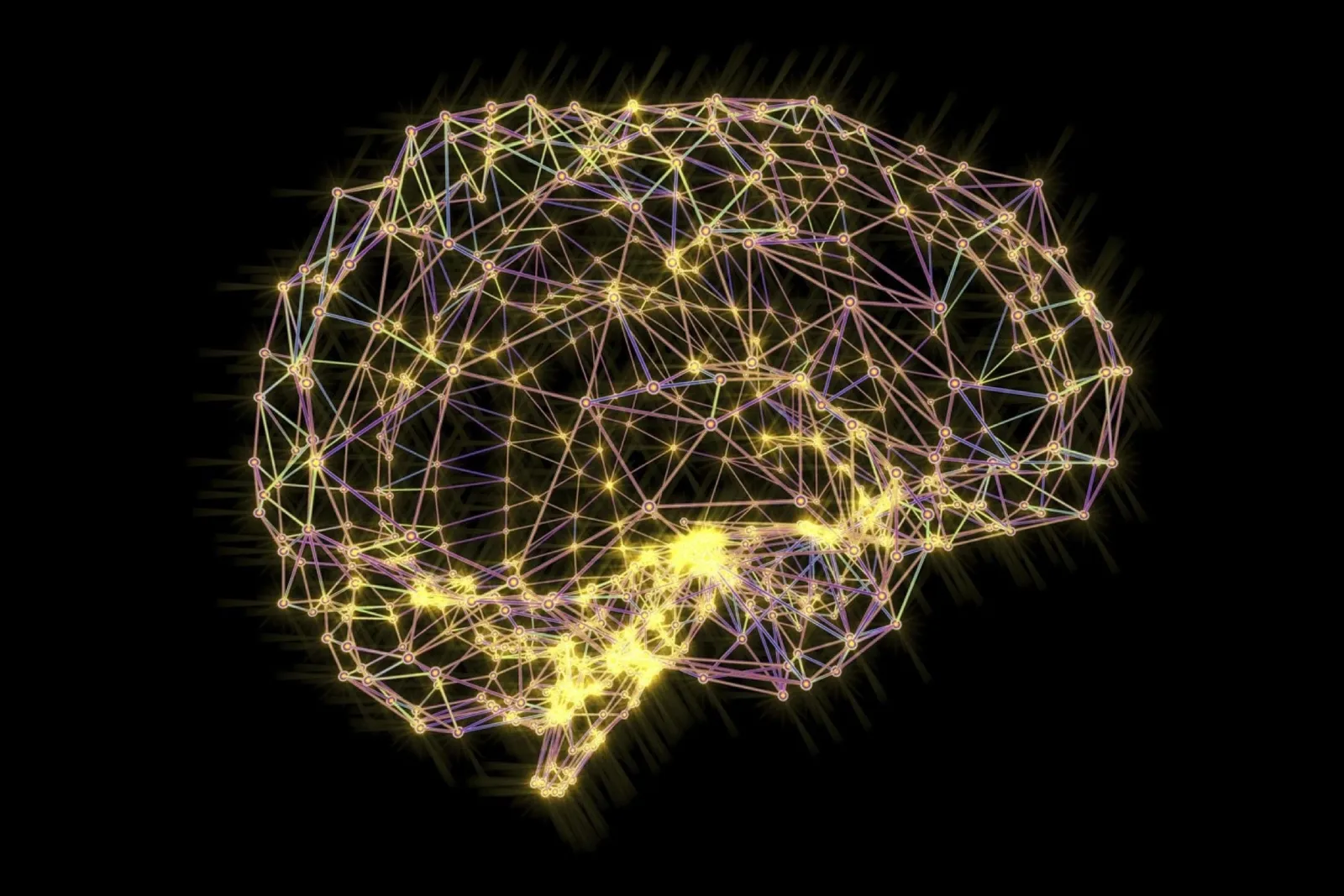Your palms are sweaty, knees weak arms are heavy; Eminem’s words paint a picture of what it feels like as that video call starts ringing and your interviewer introduces themselves. You’ve worked hard, your hours of practice on leetcode are etched into your keyboard, the stats questions that plagued you a month ago aren’t as intimidating anymore, so why are your palms still sweaty? If, like me, you are a nervous wreck during interviews, here are 3 pointers backed by science that you can do within 1 hour of your interview that will help bring out your best self.
1. Free your working memory of anxiety
Your working memory is memory used to plan and carry out behaviours, such as retaining intermediate results whilst doing a math problem, analysing the premises of logical statements (essential in coding), or even whilst baking a cake (remembering you already added that pinch of salt and not doing it again). Clearly it’s going to be super relevant in your interview, so how do you prepare your working memory for what’s to come?
Working memory relies on many complex cognitive tasks such as attention, distraction inhibition and information updating for optimal performance. There is strong evidence to suggest that anxiety can severely compromise your working memory because your heightened sense of a perceived threat takes over most of those important cognitive tasks at the expense of other stimuli (Bar-Haim et al., 2007).
For example, people with severe anxiety have difficulties disassociating the frightening nature of an image or word from the task at hand, making it more difficult to focus on task completion (Grant et al., 2015). A study where subjects were asked to memorise a set of numbers found that those with higher anxiety recalled far fewer digits than those with low anxiety (Diamond, 2013). Crucially, (Ansari & Derakshan, 2011) showed that people with elevated anxiety take a long time to shift between cognitive tasks, which can be particularly detrimental when the interviewer reveals the longer and more involved part (b) of that SQL coding exercise we were set.
So what does the science recommend?
#job-interview #towards-data-science #anxiety #self-improvement #data-science
